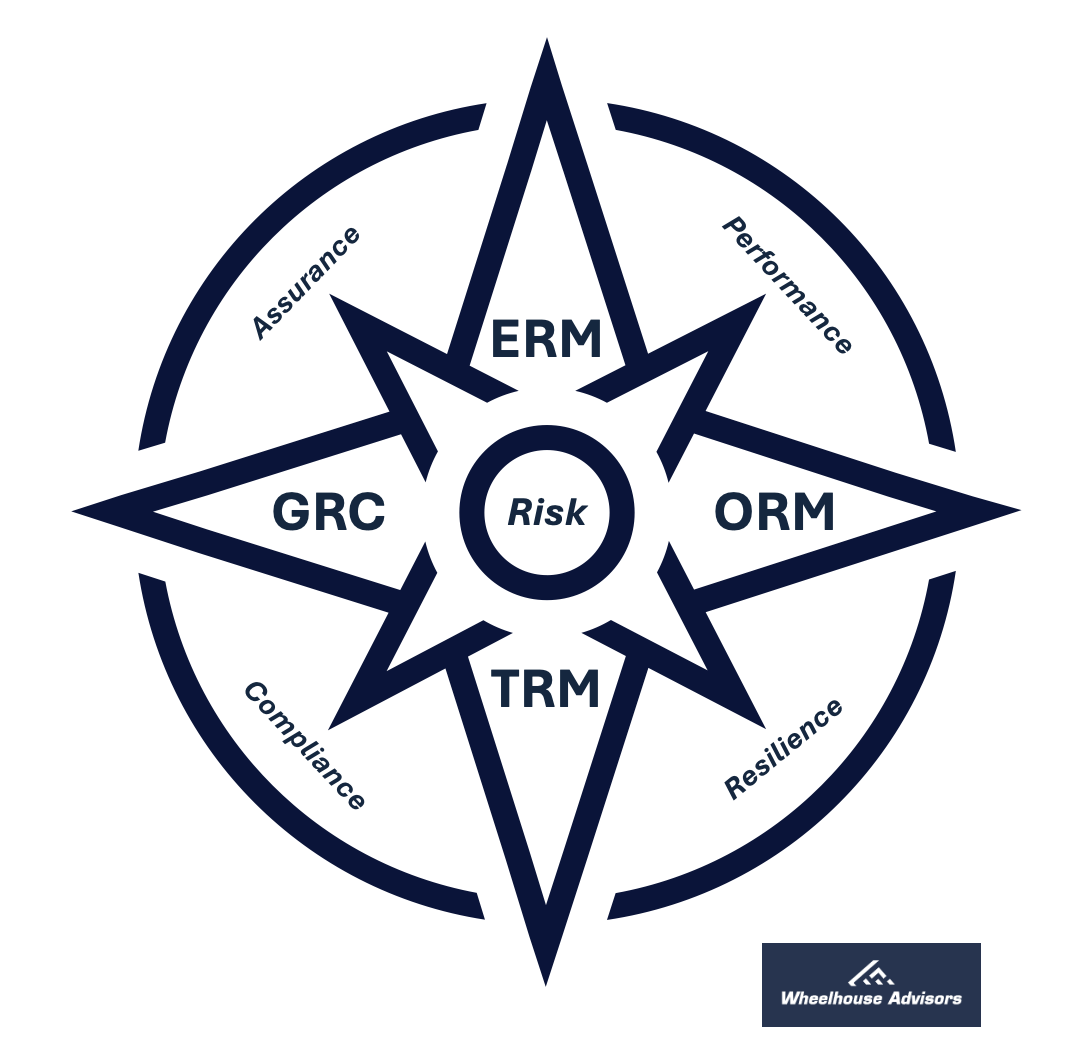The Critical Role of Leadership in Implementing an Integrated Risk Management Framework
The appointment of Melissa Martinez as Chief Risk Officer (CRO) at Meridian Capital Group, as reported by the Wall Street Journal, underscores a fundamental truth in risk management: strong leadership is paramount for successfully implementing an Integrated Risk Management (IRM) framework. Meridian’s recent challenges with regulatory compliance highlight the urgent need for robust risk management capabilities, an endeavor that hinges on effective leadership.
The Leadership Imperative
Melissa Martinez’s transition from CoreLogic to Meridian, amid the company’s fallout with Fannie Mae and Freddie Mac, is a strategic move to rebuild trust and fortify the firm’s risk management practices. Martinez’s assertion that there are “no standards” in the mortgage broker industry today illuminates a broader industry challenge and the pressing necessity for a structured IRM framework.
In this context, leadership is not merely about filling a vacant role; it’s about instilling a culture of accountability, transparency, and continuous improvement. Martinez and CEO Brian Brooks are tasked with a monumental challenge: constructing a comprehensive risk and control framework from the ground up. Their previous collaboration during the IndyMac Bank turnaround post-2008 financial crisis is a testament to their capability to drive substantial organizational change.
IRM Navigator™ Framework
The IRM Navigator™ Framework by Wheelhouse Advisors integrates various risk types and domains into a single framework. This unified approach is crucial for understanding the interdependencies between risks, such as between regulatory compliance and fraud.
Building an Effective IRM Framework
The cornerstone of a practical IRM framework lies in its ability to provide a holistic view of risk across the enterprise. For Meridian, this involves several critical steps:
Risk Identification and Assessment: Understanding the breadth of potential risks, from financial discrepancies to market pressures, is essential. This includes implementing controls to verify the accuracy of financials sent to lenders and conducting periodic backtests.
Governance and Oversight: Strong governance structures, such as the proposed approval board for significant deals, are crucial. These structures ensure that all considerable transactions undergo rigorous scrutiny and align with the company’s risk appetite.
Culture and Communication: Brooks’ commitment to maintaining a “scrappy and hungry” workforce while enforcing stringent checks exemplifies the balance between risk-taking and risk management. Cultivating a culture where risk management is embedded in every business decision is vital.
Technology and Analytics: Leveraging advanced risk management technology and data analytics can provide real-time insights and predictive capabilities. These tools are indispensable for proactive risk management and strategic decision-making.
Continuous Improvement: An IRM framework must evolve dynamically with the changing risk landscape. Continuous monitoring, feedback loops, and adjustments are necessary to maintain its relevance and effectiveness.
The Broader Implications
Meridian’s situation is a microcosm of the broader commercial real estate industry’s challenges. The sector is under immense pressure from rising interest rates and shifting work patterns, which have led to high vacancies and increased financial strain. As regulators intensify their scrutiny, companies must prioritize the development of resilient IRM frameworks to navigate these turbulent waters.
The success of an IRM initiative is inextricably linked to the quality of leadership steering the process. Martinez and Brooks exemplify the visionary leadership required to transform Meridian’s risk management practices. Their experience and strategic insight will be instrumental in rebuilding the company’s credibility and ensuring long-term stability.
Implementing a practical IRM framework is not a one-off project but a continuous journey that requires strong, informed leadership. As companies like Meridian navigate complex risk environments, the role of leaders in shaping and guiding these initiatives cannot be overstated. The future of risk management lies in the hands of those who can envision and execute a comprehensive, integrated approach to managing risk across all facets of their organizations.
References:
Heeb, G. (2024). “Real-Estate Broker Meridian Bulks Up Controls After Fannie, Freddie Blacklist.” The Wall Street Journal.
Wheeler, J. (2024). “IRM’s Role in Effective IFRS Integrated Reporting.” RiskTech Journal.

